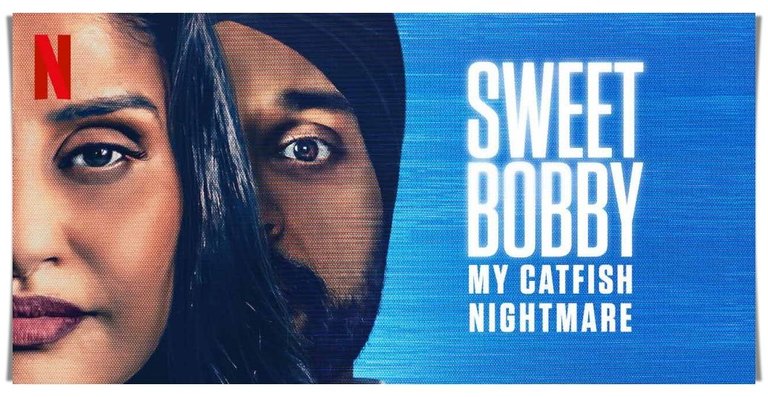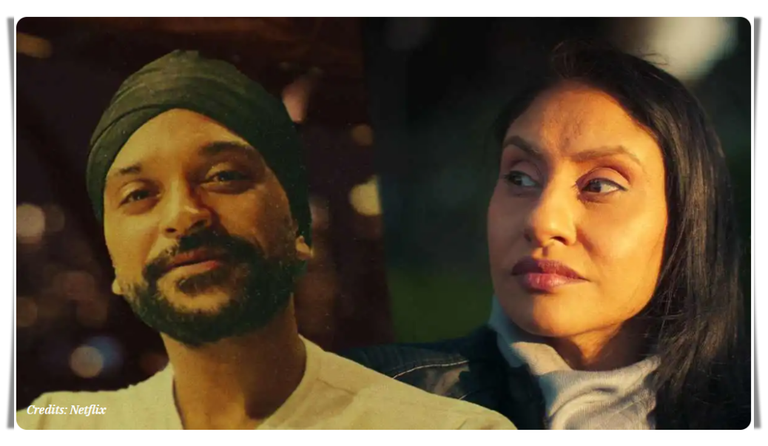At what point does love turn into an illusion? How can a relationship be so deep and consuming, can exist without even a single touch, or without a real person on the other end? It’s strange, isn’t it? Do you know that our brains are driven by neurotransmitters like dopamine and oxytocin, and they can blur the lines between reality and perception? I recently learned about this when I came across an article about a woman who said she is in love with ChatGPT. I was intrigued by a quote in that article from sex therapist Marriane Brandon, who said she treats these AI-based relationships as serious and real.
What are relationships for all of us? They’re just neurotransmitters being released in our brain. I have those neurotransmitters with my cat. Some people have them with God. It’s going to be happening with a chatbot. We can say it’s not a real human relationship. It’s not reciprocal. But those neurotransmitters are really the only thing that matters, in my mind.
Source
Isn't it fascinating to think that all of these nice, fuzzy feelings are only neurotransmitters firing in our heads? With that in mind, I decided to watch the Netflix documentary Sweet Bobby: My Catfish Nightmare. This realization seems especially important in the context of this documentary that explores deception in a long distance relationship of the main narrator. The documentary examines one of the most extreme cases of internet deception: catfishing. Honestly, I had no idea what the term meant before watching this documentary. But at the end of the documentary, I was pondering how fragile our perceptions are and how powerful the illusions that our brains can conjure.
The Story of Kirat Assi
Sweet Bobby is about Kirat Assi who is a successful, independent lady who believed she was in a committed, long-distance relationship with Bobby Jandu. She trusted him for nearly a decade and believed all his promises, stories, and the constant string of problems he was facing. But here's the thing: Bobby didn't exist. The romance apparently was a perfectly planned lie. Not only is the deceit is shocking but Kirat's emotional and psychological state was severely ruined. The documentary isn't just about the fraud but also about how easily our brains can be duped by our hunger for love, acceptance, and connection.
Is It All in Our Heads?
As I watched, I couldn't stop thinking about how human connections really function. Feelings like love, joy or hate are all interactions in the brain chemistry. Our brains produce chemicals that dictate how we interact or react in our relationships. Our brains can't distinguish if these relationships are happening in physical or digital realms. Kirat's experience is a reminder that our brains cannot always differentiate between genuine and perceived experiences.
I think we've all have experiences of crying over a heartbreaking scene in a movie or by reading a novel or felt inspired after listening to a powerful song. See, this emotional reaction is genuine, even though the situation is not. Kirat's reality was based on messages, phone calls, and carefully invented lies. She loved Bobby because of the emotional connection he cleverly built with words despite their physical locations. These interactions with him became the basis of her universe and trapped her in a toxic loop of hope and misery. Her brain reacted to the emotional intimacy as if Bobby were right beside her.
My Reflection on Online Connections
Watching Sweet Bobby made me think about how projection shapes so many of our digital relationships. How much of what we experience is true, and how much is created by our own minds? With relationships these days are increasingly developing on social media, it's easy to forget that emotions aren't always correlated with actual experience. Whether we realize it or not, words spoken or typed can be as seductive and real as a physical touch.
Now the questions are: do we really have control over our emotions? Or are we at the mercy of neurotransmitters in our brains? If someone can fall completely in love with someone they've never met, isn't that a sign of how easily our brains can trap us in the stories we choose to believe?
The Nightmare of Manipulation
What struck me the most was the perpetrator's power over Kirat. This was more than simply a prank. This was an intentional, long-term strategy of psychological manipulation. One particularly unsettling trick was to stage fake medical situations. Kirat would receive phone calls claiming Bobby was in serious medical conditions, such as having a stroke or experiencing a serious mental health crisis. These fake emergencies would kept her in emotional turmoils and reinforced her fear of losing him forever.
Every time she considered breaking up with him, the feeling of guilt and responsibility would made her changed her mind. She stayed in the relationship because her emotions were tightly controlled despite all these red flags. To add salt to injury, Kirat discovered that the culprit behind all of this was no stranger. It was someone close to her whom she trusted. I wonder what motivated this person to do this evil thing to someone who loved her? It wasn't a harmless prank people usually did to their loved ones, but an extensive and complex plan to deceive and destroy Kirat. It made me realized that sometimes the people who know us best are the ones who could betray and cause us the most harm.
A Lesson in Emotional Boundaries
Sweet Bobby is a documentary about a woman who became a victim of catfishing. It's also a study of how our minds can deceive us, particularly when we're desperate for connection. It's a cautionary tale about emotional commitment and a reminder that love and trust are extremely valuable, but they can also leave us exposed and ruined in devastating ways.
So, should I suggest Sweet Bobby? Absolutely. But let me warn you: it will make you reconsider all you thought you knew about trust, reality, and the hidden elements that shape your relationships. Sometimes the biggest lies aren't just those told to us but the ones that our brains are willing to believe.
That's it for now. If you read this far, thank you. I appreciate it so much! I'm a non-native English speaker, and English is my third language. Post ideas and content are originally mine. Kindly give me a follow if you like my content. I mostly write about making art, writing, life musings, and our mundane yet charming family life here in Klang Valley, Malaysia.
Note: If you decide to run my content on an AI detector, remember that no detectors are 100% reliable, no matter what their accuracy scores claim. And know that AI detectors are biased against non-native English writers.
Note: All images used belong to me unless stated otherwise.



First of all love your banner 💖💖 k drama rules. Second I plan to watch this it's on my list , there are unfortunately many kinds of these stories, this kind of people have really an incredible ability of manipulation.
Oh heck yes 😘😍😅
So true. Unfortunately in this case the real Bobby Jandu had his and his wife's identity stolen by the real culprit so essentially they were the victims too. The real culprit didn't get charge for her crime because currently there is no law to persecute catfishers. I hope someday she get punished by law for the lives she ruined.
Great! anyway I was not a fan in korean movies before, now that I can see other movies there are very good. And beside that they also have english subtitle so I can understand the korean movie I watched.
Korea drama/movies are good. I watched plenty of them on top of documentaries. All legit streaming sites provide subtitles so that's not an issue.
when I was a young I didn't like korean movies, when i saw the movies now that I have a family I like korean movies now hahaha It's so good to watch .
It is an intriguing production. A lie that can not only hurt, but permanently destroy. It is dramatic and very hard to face something like this. What happens and happens there is Dantesque. Sometimes the people close to you are the ones who can do the most damage.
Exactly. The culprit is her own cousin. It's shocking that she could create a web of lies so extensive for almost a decade.